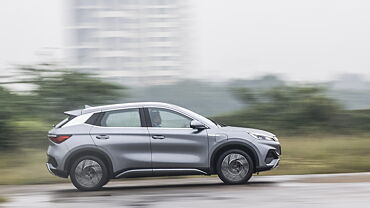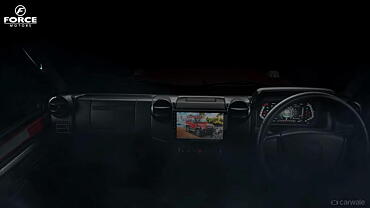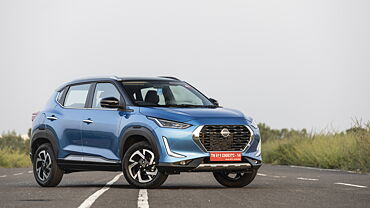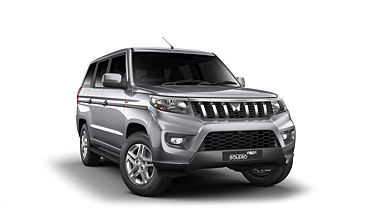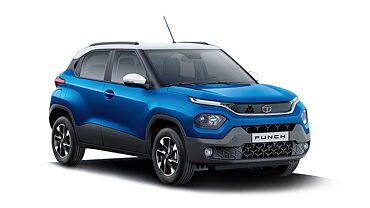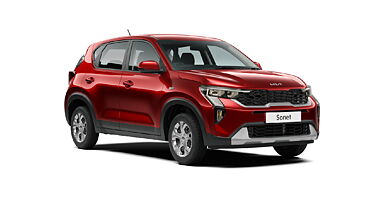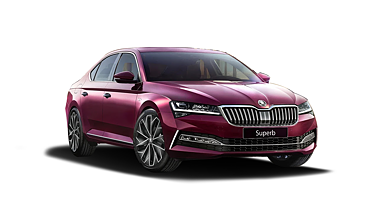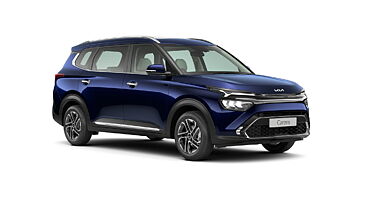As the Indian car market is currently going through a repressive phase, the negative consumer sentiment has affected the fortunes of major companies. However, the sales of luxury cars in India have not been effected to a large extent and the car companies operating in this segment have been tasting resounding success since the introduction of entry level cars. Companies like Audi, BMW and Mercedes-Benz have introduced their budget friendly models that are priced significantly lower, as compared to other segment models. Over the past years, demand for models like BMW X1 and 3 Series, Audi Q3 and A4, Mercedes Benz A-Class, B-Class and C-Class have increased by several folds while for premium cars and SUVs, which carry much higher price tags, the figures have nothing to boast about.
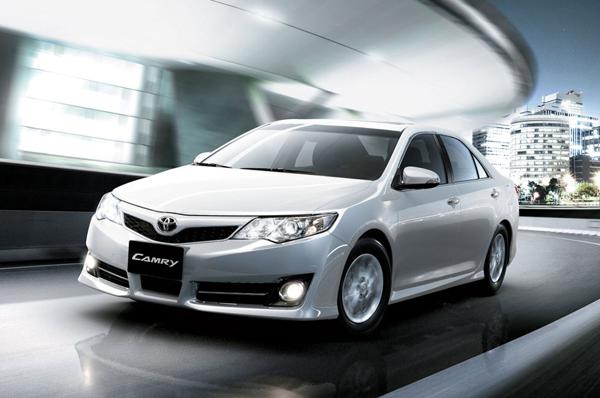
Also to mention, the entry level cars of German makers have contributed largely in bringing down the demand for cars like Honda Accord, Hyundai Sonata, Toyota Camry and Skoda Superb. According to industry experts, the main reason for the decline in demand of these cars is due to the fact that Indian consumers nowadays mainly prefer buying entry level cars from luxury car manufacturers as their price is quite similar to the premium models of other companies. Therefore, instead of buying premium models of Honda, Toyota, Skoda and Hyundai, domestic car consumers are actively switching to cars of German triplet so as to get a sense of luxury.
In a recent study undertaken by major car companies, this fact was demonstrated as the buyers in Rs. 15 lakh to Rs. 30 lakh range, generally resorted to buy an entry level car of any luxury brand rather than purchasing a premium model of other manufacturer. Commenting on this, Eberhard Kern, Managing Director and Chief Executive Officer of Mercedes-Benz India said "This upgrade is taking place across the range, if a customer is ready to spend Rs. 15 lakh, with attractive finance offers, he can easily opt for a car that carries a price label of Rs. 20 lakh to Rs. 30 lakh. With innovative retail schemes, the Mercedes Benz is a lot more accessible than it was in the past."
He further told that on some models, the company offers five-month EMI plans, three years free maintenance and one year insurance, something which is also practised by Audi and BMW. With finance offers luring many, half of A-Class and B-Class buyers are getting a Mercedes Benz for the first time, said Kern. It must be noted that more than half of the loan amount on luxury vehicles can be paid over seven years time. Apart from this, flexible EMI options are also available ranging from attractive buyback offers and lower interest rates, something that is not on offer in premium saloons. With these offers and schemes, buyers can earn additional discounts of several lakh rupees.
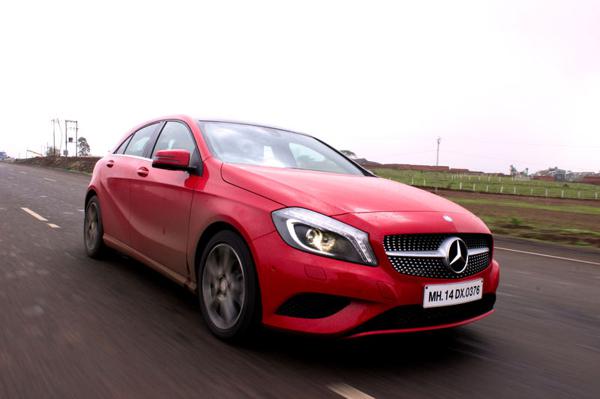
Lending a comment for this, Joe King, Head of Audi India said "Our understanding is that the Indian customer is a value-sensitive customer and not a price-sensitive one. Our growing number of younger customers proves that if an Indian buyer sees value by way of product offering features and performance, he or she is willing to pay a higher price for the same. We have several examples of Audi Q3 and Audi A4 customers who have jumped price bands to buy our luxury cars. These customers are looking for better value and not for a lower price."
While other manufacturers, besides luxury car brands, are of view that discounts have become an important factor for customers in the premium and luxury car segment but it still does not bother them much as they have been raking in respectable numbers in the premium car segment. Talking about the phenomenon of giving away discounts, Sudhir Rao, Managing Director of Skoda Auto India said "The luxury brands are trying to be aggressive with discounting and pricing but that looks to be a short term strategy. A customer looking for value will buy fully loaded products compared to a badge." He later on added that “Premium saloons will recover as they have been hit by the slowdown currently. The liquidity crunch in the market, high interest rates and falling rupee will continue to influence migration of customers. This is a trend that is valid for the entire industry, which is why there is a shift of customers between segments."
According to industry experts, the paradigm shift from premium saloons to entry level models of luxury car brands by the Indian buyers has taken place over the last 2 to 3 years. As sales of Honda Accord and Toyota Camry fell in 2010 owing to the difference in prices of petrol and diesel, the demand for entry level cars of Audi, BMW and Mercedes-Benz saw a spurt. For Honda, the demand for its Accord model stood at 4000 units in fiscal 2009 but in the current financial year, it dropped to meagre 617 units while the sales of Toyota Camry dropped to 339 units from 900 units in the same time period.
Discerning with this view, Arvind Saxena, Managing Director of Volkswagen Passenger Cars told "Sales of bigger luxury cars are almost entirely aspiration-driven while sales of smaller, entry-level luxury cars may well be need based or utility-driven. Hence, in a slow economy, sales of bigger, premium-segment luxury cars are usually the first to take a bigger hit. I don't believe that discounts would tempt prospective luxury car buyers to move down one segment and settle for smaller, less luxurious cars."



